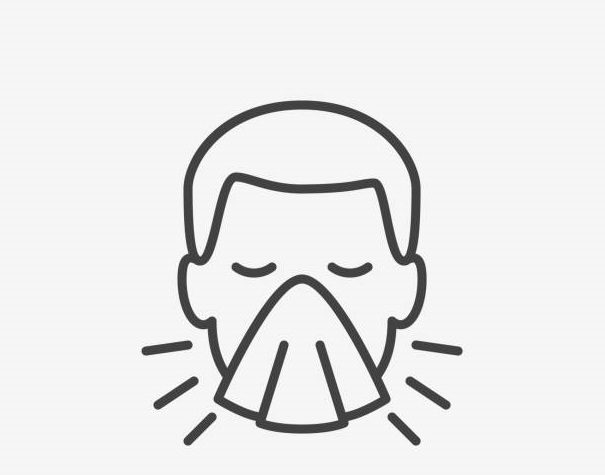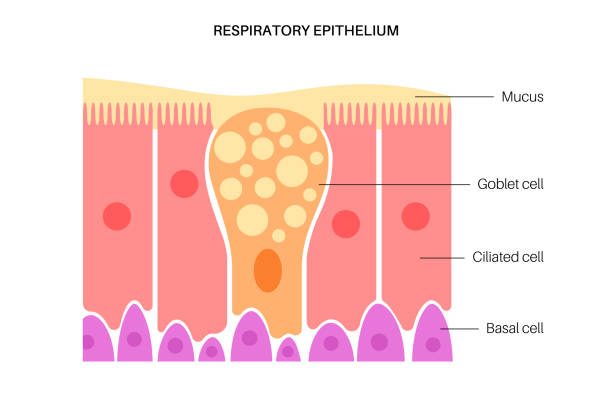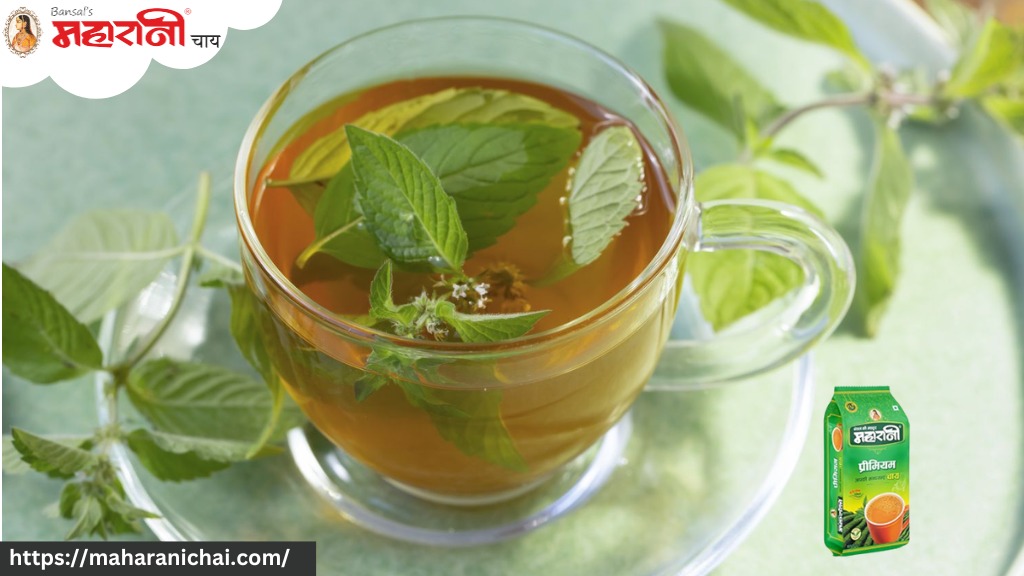Amid the COVID-19 pandemic, chesty coughs have become a common concern. Characterized by mucus production and often accompanied by discomfort, these coughs can be particularly troubling, especially when associated with COVID-19. While medical interventions remain crucial, many individuals seek relief from natural remedies like tea. In this blog post, we’ll explore the potential benefits of various tea variants for alleviating chesty coughs, especially in the context of COVID-19 symptoms.
Chesty Coughs and COVID-19
Chesty coughs are a common symptom of respiratory infections like COVID-19. They occur when the body attempts to expel mucus or phlegm from the airways, often leading to persistent coughing spells. Chesty cough covid can be distressing, prompting individuals to explore alternative treatments for relief.

Tea Variants for Chesty Cough Relief
Tea has long been revered for its therapeutic properties, with various tea variants offering unique respiratory benefits. Let’s explore some popular tea variants and their potential effectiveness in managing chesty cough covid:
Hot Honey Tea for Cough
Combining hot tea’s soothing warmth with honey’s antibacterial properties, Hot honey tea for cough can alleviate chesty coughs and relieve throat irritation. Honey’s natural sweetness also makes it a comforting addition to tea.
Ginger Tea for Cough
Renowned for its anti-inflammatory and immune-boosting properties, ginger tea can reduce inflammation in the airways and soothe coughing spells. Its spicy flavor adds a pleasant kick to tea, making it a popular choice for respiratory support.
Tulsi Tea for Cough
Also known as holy basil, tulsi is revered in Ayurvedic medicine for its antimicrobial and expectorant properties. Tulsi tea can loosen mucus and promote its expulsion from the respiratory tract, relieving chesty coughs.
Chamomile Tea for Cough
Chamomile tea is prized for its calming and anti-inflammatory effects, making it a gentle option for soothing irritated airways and reducing cough episodes. Its mild flavor and aroma make it a popular choice for bedtime relaxation.
Green Tea for Cold and Cough
Packed with antioxidants and immune-boosting compounds, green tea can support overall respiratory health and alleviate chesty coughs. Its refreshing taste and numerous health benefits make it a versatile daily option.
Chesty cough COVID symptom
Individuals experiencing a chesty cough covid can notice the following characteristics:

- Mucus Production: Chesty coughs typically involve the expulsion of mucus or phlegm from the airways, often appearing thick and discolored.
- Persistent Coughing Spells: Chesty coughs associated with COVID-19 may be accompanied by persistent coughing spells, causing discomfort and interfering with daily activities.
- Accompanying Symptoms: In addition to chesty cough, COVID-19 patients may experience other respiratory symptoms such as shortness of breath, high fever, laziness etc,.
- Severity: While chesty coughs can vary in severity, individuals with COVID-19 may experience more intense coughing episodes, especially if accompanied by underlying respiratory conditions or complications.
Managing Chesty Cough in COVID-19
Effective management of chesty coughs associated with COVID-19 involves symptomatic relief and supportive care. Here are some covid chesty cough treatment to consider.
- Hydration: Staying hydrated is crucial for thinning mucus and facilitating its expulsion from the respiratory tract. Drinking plenty of fluids, including water, herbal teas, and broths, can alleviate chesty cough symptoms.
- Rest: Adequate rest allows the body to focus on fighting the infection and promotes faster recovery from respiratory symptoms like a chesty cough.
- Steam Inhalation: Inhaling steam from hot water or a humidifier can loosen mucus and relieve chest congestion, temporarily relieving coughing spells.
- Over-the-counter Medications: Over-the-counter cough suppressants or expectorants may relieve chesty cough symptoms, depending on individual preferences and medical advice.
- Herbal Remedies: Certain herbal teas, such as ginger tea, peppermint tea, and chamomile tea, are believed to possess soothing properties that can alleviate chesty cough symptoms.
Consuming tea in the treatment of chesty cough with covid or COVID-19 can enhance the medication process in a natural and healthy way, its soothing properties and potential health benefits make it a valuable addition to symptom management strategies. By incorporating tea into their daily routine alongside medical guidance, individuals can relieve chesty cough covid. This fosters a sense of well-being during challenging times. Remember, prioritizing overall health and seeking appropriate medical care is paramount to minimizing respiratory symptoms.

